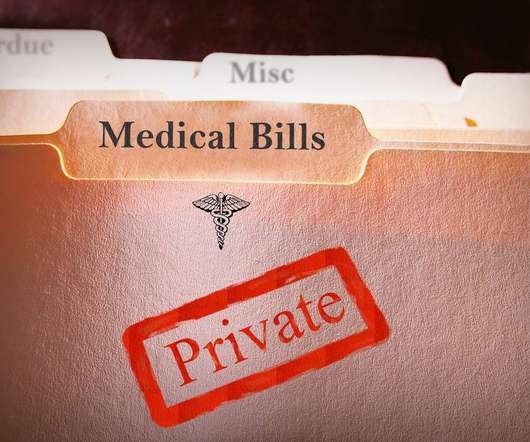People in debt could get two month ‘breathing space’
UK debt collections
APRIL 28, 2021
People who are in debt from credit cards, loans and other personal debt sources could be given ‘breathing space’ under new temporary measures the government has announced. During the current pandemic, debt charity Stepchange has warned of a impending “personal debt tsunami” of £6Bn.






















Let's personalize your content